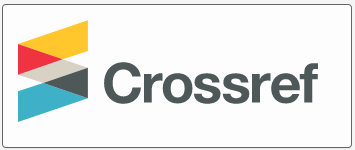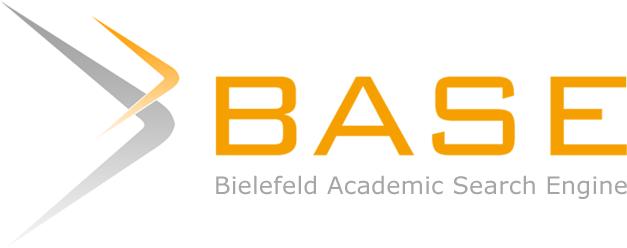ISSN: 2667-9922
E ISSN 2720-8672
The editorial Board of the Journal of Development Studies shares the principal values of Sulkhan-Saba Orbeliani University and acts by the principles of freedom of research, expression of thought and publication, and principles of Research Publishing Ethics (COPE);
Editor Responsibilities
The editor, in consultation with the editorial board, determines the goals, objectives, and publishing policy of the journal;
The editor shares the responsibility with the editorial board and guarantees the journal's scientific quality; Constantly takes care of its development and improvement.
The editor ensures that all incoming articles undergo the anti-plagiarism program and sends them to two experts in the field for review;
If the program has detected and caught the plagiarism, the editor rejects the article and returns it to the author;
The editor is obliged to notify the authors of the positive/or negative assessment or reasons for the of rejection the article by e-mail and to attach the reviewers' conclusions to the letter.
The editor is responsible for the high quality of the review process and the qualification and competence of the reviewers.
If the author raises reasonable doubts about the bias of the reviewer, the editorial team, through consultation with the editorial team, should resolve the issue - to send it to a new reviewer or publish it;
The editorial board must apologize or publish an explanation or clarification in case of misconduct fact.
Conflicts of Interest
Journal editorial policy considers personal relationships or rivalries, academic competition, and intellectual beliefs as conflicts of interest. To prevent conflict of interest, journal editors are obliged to discuss all incoming articles without any favor. The reviewer must inform the editors about conflicts of interest and refuse to review the article.
Raise a concern
Any person who finds any kind of mistakes in the articles or figures out that editorial policy has not been carried out in line with these principles should raise their concerns with the journal's editorial office or email the Press at ids@sabauni.edu.ge. The Editorial Board is responsible for discussing any incoming issue carefully and reacting appropriately.
Retractions
Editorial policy enables the journal editor to reject incoming articles if it is unthematic, the findings are unreliable, contain unethical research or plagiarism, the article`s main part is descriptive, or lack research depth.
The average duration of the review process is two months.
Authors can submit articles at any time of the year.
The journal is published in December every year.
Artificial Intelligence as Author
The journal does not accept articles in which artificial intelligence (AI) tools are listed as authors or co-authors. The journal’s policy is based on the principle that AI systems cannot meet the criteria for authorship, as they lack the capacity to take responsibility for the accuracy, integrity, and originality of the content produced.
Artificial Intelligence as a Bibliographic Source
The journal does not accept articles in which AI programs are cited as bibliographic sources. Such content may rely on unreliable data or incorporate third-party material/content without appropriate attribution and citation.
Artificial Intelligence as a Writing and Data Presentation Aid
The journal does accept articles in which AI has been used as a supportive tool for authors. Such assistance may include text correction and editing, feedback on structure and style, translation, data analysis, data visualization, and programming.
In cases where authors use AI programs for the purposes listed above, they are required to provide a statement disclosing this use. The statement must be included in the main text of the article, following the references section, under the heading:
“Declaration on the Use of Artificial Intelligence Technologies”
“During the preparation of this article, the author(s) used [program name] for [specific purpose/function]. The author(s) reviewed and revised the material generated by artificial intelligence as necessary.”
ISSN: 2667-9922
E ISSN 2720-8672











